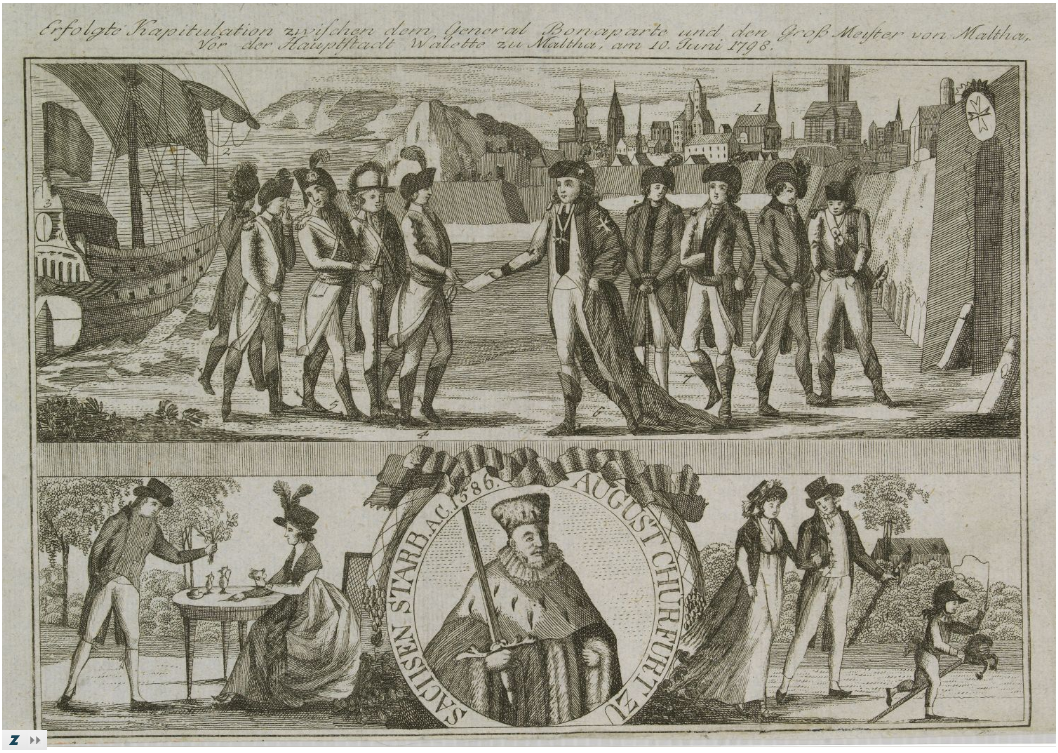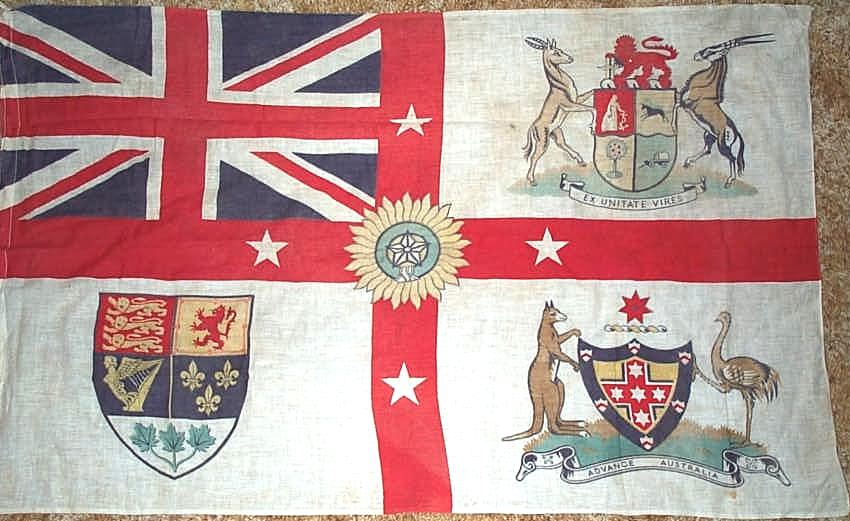
History of Malta
Ancient History

Malta has been inhabitated since 5200 B.C.
The origin of the term Malta is uncertain. The most common etymology is that the word Malta derives from the Greek word meli, "honey". The ancient Greeks called the island "Melitē" meaning "honey-sweet" possibly due to Malta's unique production of honey.
Many civilizations dominated the islands:
Phoenicians
Carthaginians

Romans
Byzantines
Muslim Period and Middle Ages

In 870 B.C. Malta was conquered by Muslim invaders. They introduced new irrigation, some fruits and cotton.

From 1091 Malta was controlled by the sovereigns of the Kingdom of Sicily: The Normans, the Hohenstaufen and the Aragonese.
Modern period

In 1530 Charles V gave Malta the Order of the Kinghts of Saint John. The Knights founded La Valletta, Malta's capital.

In 1789 Napoleon conquered Malta.

In 1814 the island became part of the British Empire.
Indipendence

Malta achieved its indipendence from United Kingdom in 1964 and it became a republic in 1974.
Important Characters

Saint Paul was shipwrecked on the island in 60 A.D. and introduced the Christianity.

Caravaggio worked in Malta during the age of the Knights.
